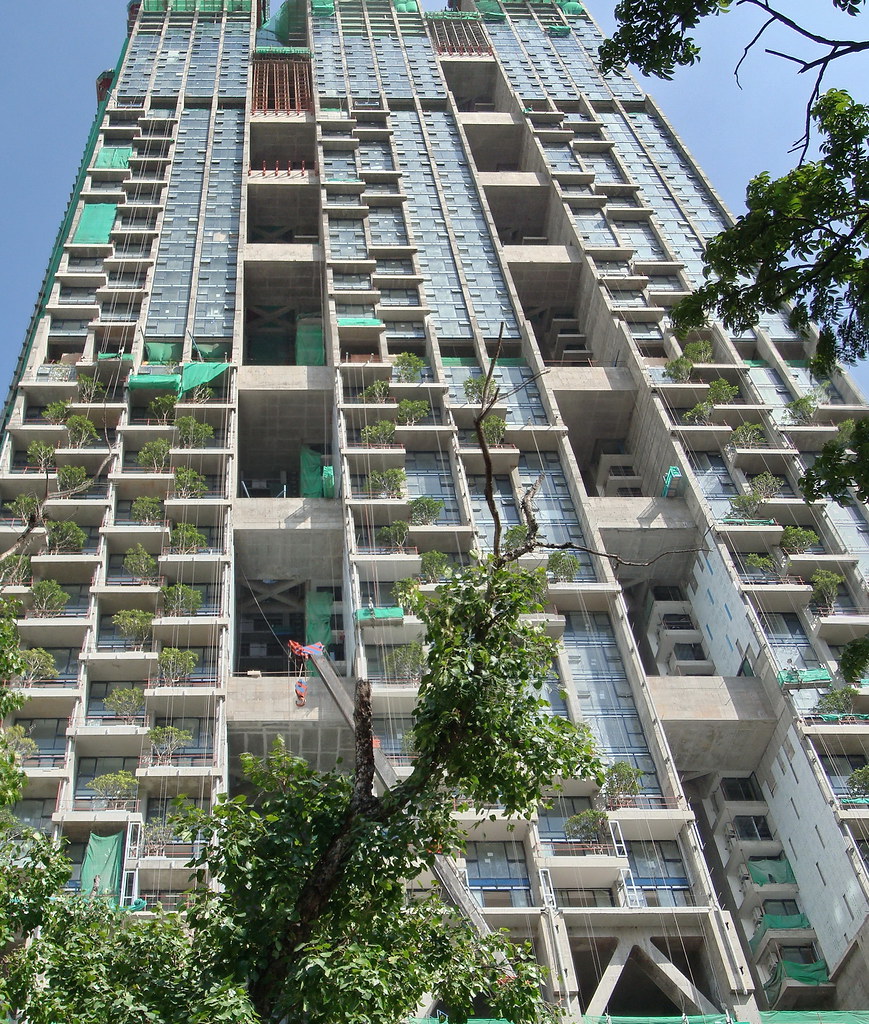
New residential lease provisions went into effect in Thailand on January 30 that overwhelmingly favor landlords and reduces the rights of lessees.
The new stipulations were laid out in the New Notification of the Contract Committee Re: The Stipulation of Residential Property Leasing as a Contract-Controlled Business.
Before the recent changes, landlords could only void a lease agreement with a lessee if he or she provided a 30-day notice of any contract breach.
During that time, the lessee could use the 30 days notice of termination to remedy the breach of contract.
Now, though, a landlord can terminate a residential rental contract if a lessee breaches the contract as long as he or she gives the lessee a 30-day written notice.
The landlord can also dissolve the lease agreement in Thailand if a lessee disturbs the peaceful living of other tenants by giving the lessee a 7-day notice.
For lessees that do not comply with laws relating to the public good or good morals, landlords can terminate the contract immediately.
Tenants who want to exit a rental contract with their contract can do so by giving their landlord a written 30-day notice, but a new provision states that over half of the lease term must be expired before doing so.
Under previous property law provisions passed last year, condo law in Thailand was changed that only allowed landlords to require one-month advance rent and one-month deposit.
The new provisions strike that change down, and landlords can once again require one-month advance rent and up to three months’ worth of rent for deposit.
Landlords can now also confiscate deposits so long as the damages were the fault of the lessee and can enter the rental property of the lessee without notice if it is to avoid harm to the lessee or others.
Read the full story here.

{ 0 comments… add one now }